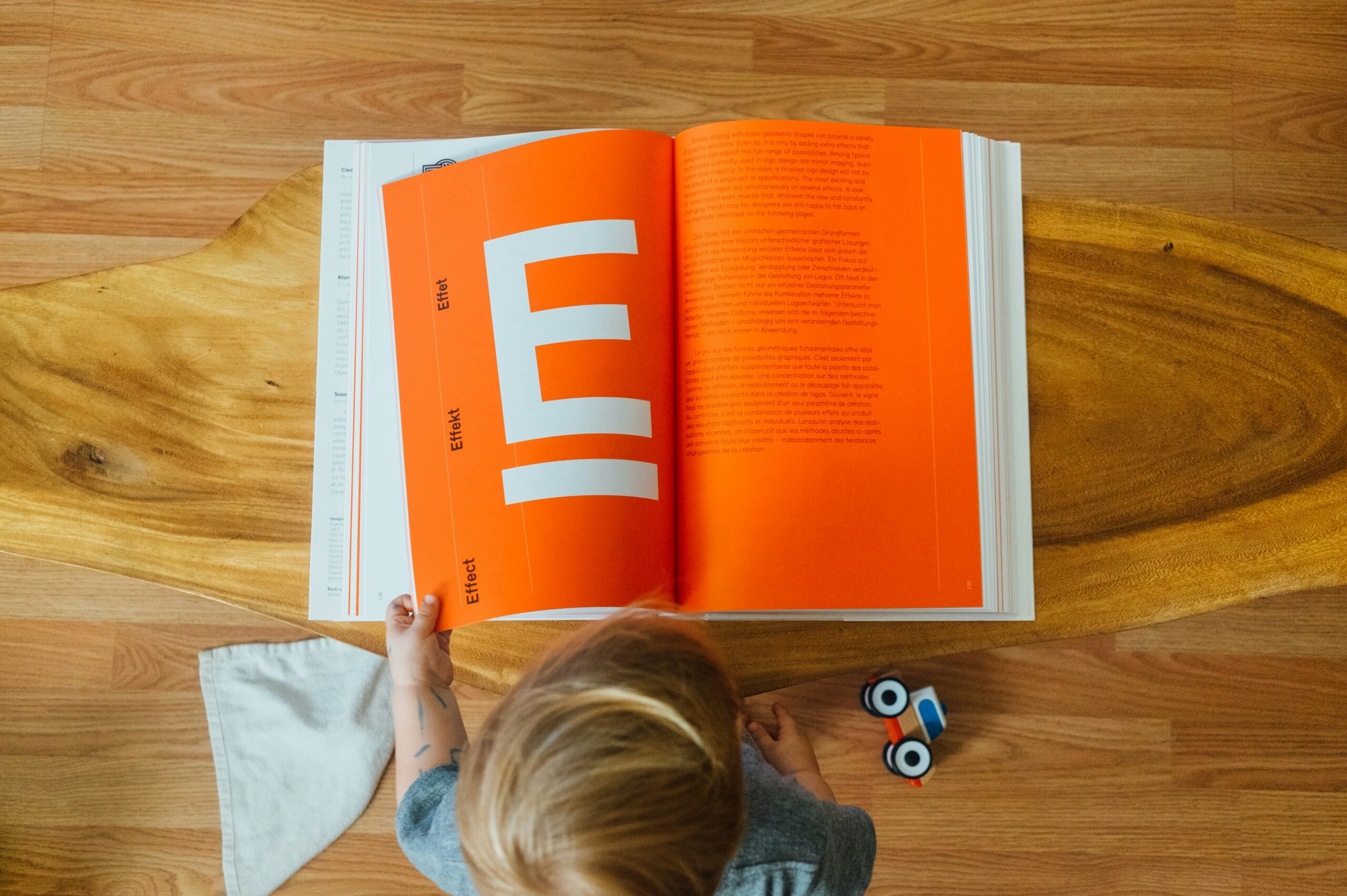English is spoken across the world, but different varieties of the language, like Australian, American, and British English, have developed distinct characteristics. This article will explore the differences in spelling, pronunciation, and vocabulary between Australian English and its American and British counterparts. Whether you're a student or simply interested in language, understanding these differences can give you valuable insights into how English has evolved across various regions.
American English: Spelling and Pronunciation Differences
One of the key distinctions between Australian English and American English lies in spelling. In Australia, words such as "specialise," "authorise," and "analyse" are spelled with an "s" instead of the "z" that is standard in American English. For Australian students, it's important to stick with Australian spelling in academic writing, as using American English forms like "analyze" or "authorize" is considered incorrect unless you're quoting American texts.
Another major spelling difference is the use of the letter "u." In Australian English, words like "colour" and "favourite" include the "u," while American English drops it, spelling them as "color" and "favorite."
Phonetically, Australian and American accents differ significantly, particularly with the rhotic /r/ sound. Australian English is non-rhotic, meaning that the /r/ sound is less emphasised or even dropped in certain words. In contrast, American English is rhotic, with a clear and pronounced /r/. For example, Americans pronounce "butter" as /ˈbʌtər/, while Australians pronounce it as /ˈbʌtə/.
Additionally, the process of yod-dropping is more prominent in American English. Words like "new" and "stupid" retain the /j/ sound in Australian English, but the sound has mostly disappeared in American English.
British English: Closer to Australian, But Still Different
Australian English is closer to British English, especially when it comes to spelling. Words like "realise" and "organise" are spelled the same way in both Australian and British English, and both retain the "u" in words like "colour" and "favour."
However, there are still phonetic differences between the two varieties. Yod-dropping happens less frequently in British English compared to Australian English. For instance, many British speakers still pronounce the /j/ sound in words like "blue," whereas Australians tend to drop it.
Lexicon: Unique Words and Meanings Across English Varieties
The vocabulary, or lexicon, also differs across Australian, American, and British English. In Australia, sweets are called lollies, while Americans refer to them as candy and British people call them sweets. What Australians call tomato sauce is known as ketchup in America and red sauce in the UK.
Some words carry different connotations in Australian English compared to other varieties. For example, the word "root" has a sexual connotation in Australian English, whereas it doesn’t carry the same meaning in American or British English.
These lexical and semantic differences are fascinating to study, as they reflect cultural influences and how the language has evolved uniquely in each region.
Useful Resources for Comparing Australian, American, and British English
- For Australian terms compared to American English: https://www.fionalake.com.au/info/translations/australian-american-words
- For a deeper dive into the differences between Australian, British, and American English: https://blog.e2language.com/australian-english-vs-american-english-vs-british-english/
- Video highlighting these distinctions: https://www.youtube.com/watch?v=bmXHf6pL6jk
A simple Google or YouTube search will also provide a wealth of fresh and current examples to quote in essays or discussions about English varieties.
Conclusion
Understanding the distinctions between Australian, American, and British English enriches your appreciation of the English language. Whether it's spelling, pronunciation, or vocabulary, these differences reflect the unique linguistic history of each region. As a student, mastering these variations can also enhance your writing and communication skills, especially if you're planning to travel or engage with English speakers from different parts of the world.
FAQs
1. Why does Australian English resemble British English more than American English?
Australian English developed primarily from British English due to the historical colonization of Australia by the British. This is why many spellings and pronunciations are similar between the two varieties, unlike American English, which diverged earlier.
2. What is yod-dropping, and how does it differ between these English varieties?
Yod-dropping refers to the loss of the /j/ sound in certain words. It occurs more frequently in American English, while British and Australian English retain the sound in words like "new" and "stupid."
3. Are there any major grammar differences between Australian, American, and British English?
While there are minor grammatical differences, such as verb forms and collective nouns, the core grammar of these English varieties is largely the same. The major distinctions lie in spelling, pronunciation, and vocabulary.




